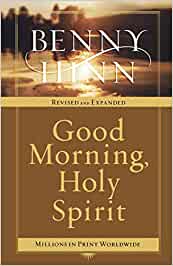-
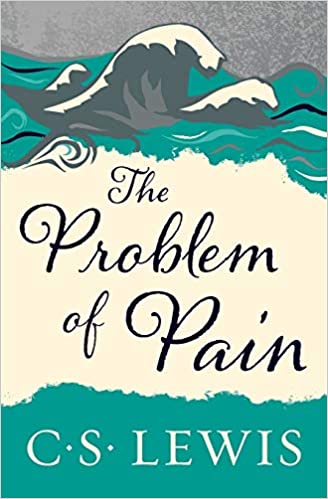
-

-
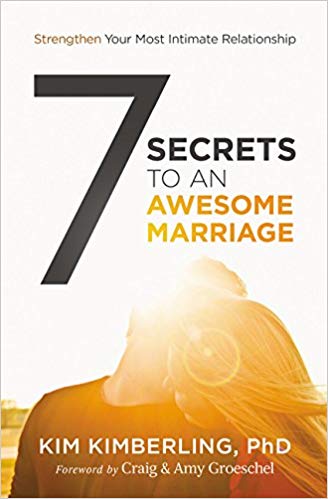 All of us want an enduring marriage, a beautiful marriage we can believe in. That kind of marriage happens through intimacy. Intimacy requires hard work and a guide. Dr. Kim Kimberling is that guide and this book and its tools will show you how communication and intimacy in marriage can be yours. Kimberling offers insights like connecting every day in spite of what’s in the way, learning how to fight in the right ways, and stopping the insanity of doing the same thing over and over even when it isn’t working. Once these 7 secrets are a part of your marriage, you can stand together and fight anything that would ever try to tear your marriage apart. Whether you have just celebrated your first anniversary or your fiftieth, 7 Secrets to an Awesome Marriage by Dr. Kim Kimberling is for you. If you have a good marriage, this book can help you have a great marriage. If you are struggling, Kim Kimberling will help you turn the corner and make your marriage into what you want it to be.
All of us want an enduring marriage, a beautiful marriage we can believe in. That kind of marriage happens through intimacy. Intimacy requires hard work and a guide. Dr. Kim Kimberling is that guide and this book and its tools will show you how communication and intimacy in marriage can be yours. Kimberling offers insights like connecting every day in spite of what’s in the way, learning how to fight in the right ways, and stopping the insanity of doing the same thing over and over even when it isn’t working. Once these 7 secrets are a part of your marriage, you can stand together and fight anything that would ever try to tear your marriage apart. Whether you have just celebrated your first anniversary or your fiftieth, 7 Secrets to an Awesome Marriage by Dr. Kim Kimberling is for you. If you have a good marriage, this book can help you have a great marriage. If you are struggling, Kim Kimberling will help you turn the corner and make your marriage into what you want it to be. -

-
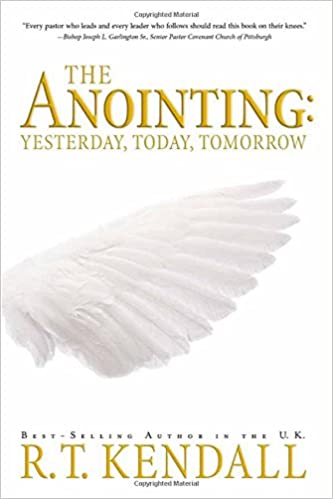
-
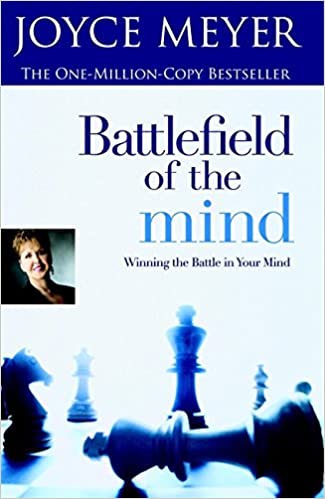
-
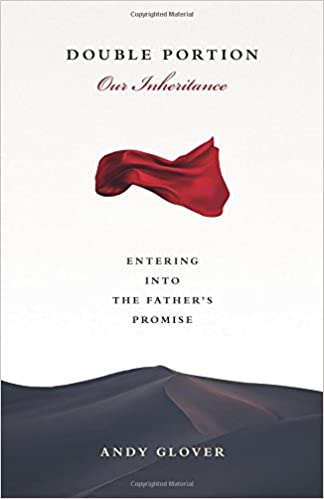
-
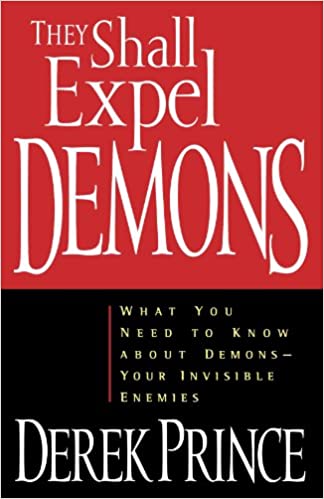
-
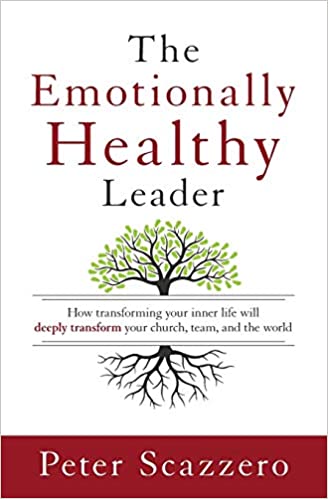
-

-
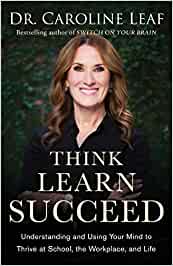
-
